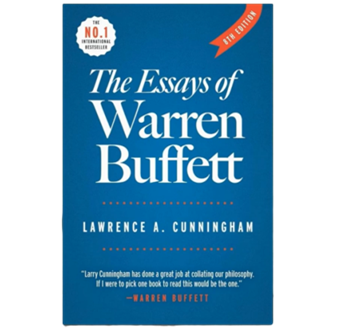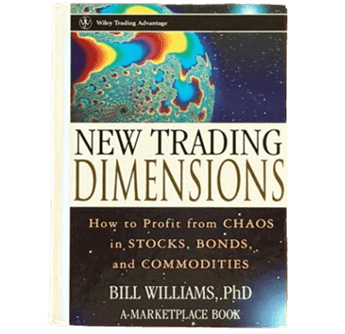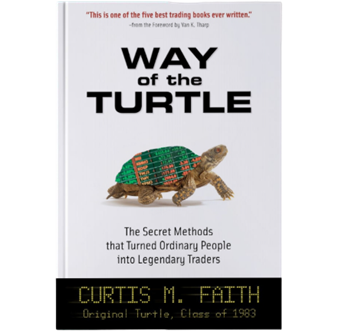
Beating the Street: Peter Lynch's Legacy and Influence
Peter Lynch's reputation was cemented by his remarkable run managing the Fidelity Magellan Fund from 1977 to 1990. where he achieved annualised returns near 30%. By transforming a modest mutual fund into one of the world's largest, Lynch demonstrated not only financial genius but also a rare ability to communicate with ordinary investors.
In Beating the Street, Lynch opens the doors to his investment world. The book is not a dry manual; it is a vivid reflection of his journey, successes, and lessons learned. His approachable style and emphasis on teaching make it a text that continues to be studied by finance students, professional analysts, and everyday savers alike. Lynch's legacy is not just about numbers; it is about demystifying the markets for those willing to learn.
The Philosophy of Beating the Street
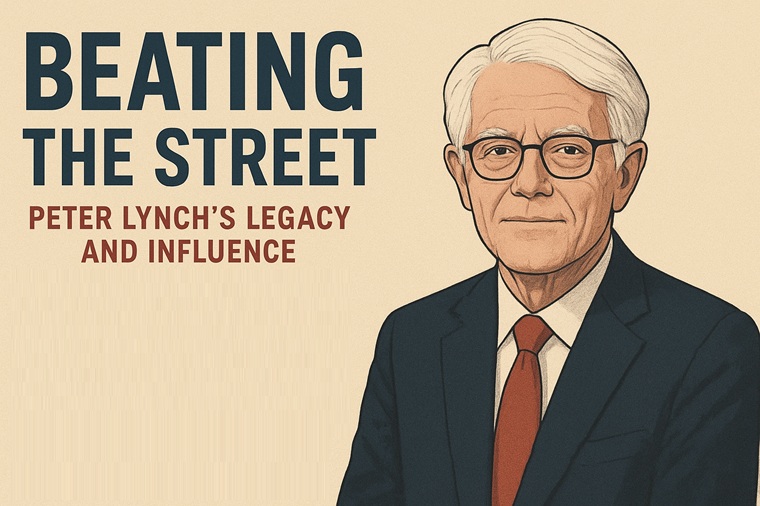
At its core, Beating the Street is built on a simple but powerful philosophy: ordinary investors can outperform Wall Street professionals if they apply discipline, curiosity, and common sense. Lynch stresses that "invest in what you know" is not just a catchy phrase but a guiding principle that can change the way people see the world around them.
He gives practical examples: the shops you frequent, the brands your children love, the restaurants with queues out the door. These are often early signals of strong businesses before they appear on Wall Street's radar. Yet Beating the Street carefully reminds readers that enthusiasm must be tested against financial facts. A brilliant idea is worthless if the balance sheet is weak or earnings are in decline.
This balance between observation and analysis is what makes the book's philosophy enduring. It empowers readers to act with both intuition and rationality — qualities too often treated as opposites in the world of finance.
Beating the Street with a Framework for Stock Selection
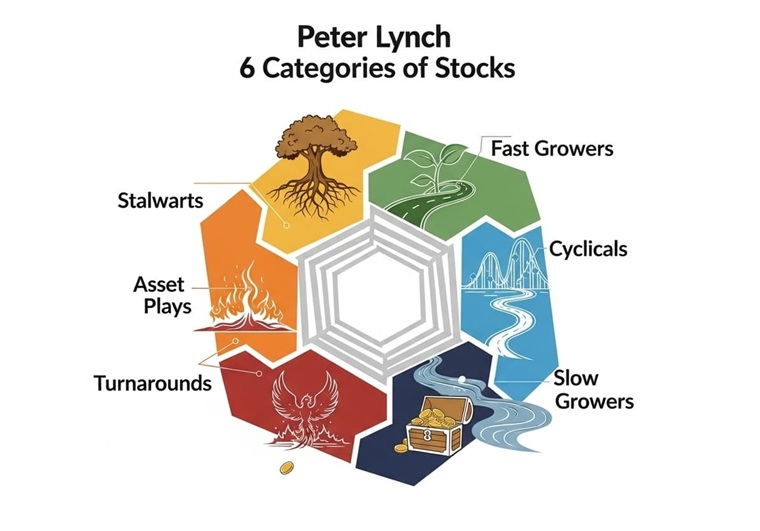
A standout element in Beating the Street is Lynch's six-part framework for categorising stocks. This system brings order to the chaos of the markets and offers investors a map for navigating opportunities:
Stalwarts – dependable giants like Coca-Cola, delivering consistent but moderate growth.
Fast Growers – small firms with the potential to become the next Starbucks or Nike.
Cyclicals – companies such as airlines or carmakers that rise and fall with the economy.
Turnarounds – troubled businesses poised for recovery, where timing is crucial.
Asset Plays – firms sitting on hidden treasures, whether real estate or undervalued patents.
Slow Growers – mature companies that reward investors through dividends rather than rapid growth.
This framework remains one of the book's most practical takeaways. It allows investors to identify what they own, understand how each type behaves, and build portfolios with greater resilience.
Beating the Street through Case Studies and Real Investments
The heart of Beating the Street lies in its case studies. Lynch recounts real-world examples of companies he invested in — some triumphs, some disappointments. His investment in Fannie Mae, for instance, showcases his ability to spot long-term value in an overlooked sector. On the other hand, his candid acknowledgment of poor choices reveals his humility and teaches that mistakes are inevitable.
These stories are not only educational but also entertaining. Lynch often credits his family for sparking ideas; his children's enthusiasm for certain brands often led him to research further. By grounding investing lessons in human experience, Beating the Street avoids abstraction and provides practical lessons that readers can see in their own daily lives.
Everyday Wisdom from Beating the Street

What sets Beating the Street apart from many financial guides is its accessibility. Lynch addresses readers as partners rather than students, and he peppers the book with wisdom that transcends market cycles:
Diversification should be meaningful, not excessive. Knowing too many companies superficially is worse than knowing a few deeply.
Ignore market noise. Wall Street predictions are often less reliable than your own observations.
Patience pays. The best stocks often need years to reveal their full potential.
Ordinary knowledge is powerful. A customer's perspective can sometimes be more valuable than an analyst's spreadsheet.
These principles are timeless. Whether an investor is managing a small savings account or a large portfolio, the wisdom of Beating the Street offers practical, everyday guidance.
The Lasting Relevance of Beating the Street Today
More than three decades after its release, Beating the Street remains one of the most recommended books for investors. The rise of trading apps, robo-advisers, and complex financial products has not diminished its relevance. In fact, the book's call for simplicity and focus on fundamentals feels more important than ever.
Modern investors often find themselves overwhelmed by information overload. Lynch's advice — to look around, think critically, and stay disciplined — cuts through this noise. His categories, philosophies, and case studies continue to be applied by those seeking long-term success.
Ultimately, the lasting relevance of Beating the Street lies in its blend of practicality and inspiration. It reassures readers that investing is not an exclusive game reserved for institutions, but a craft that anyone can learn with curiosity, patience, and discipline.
Disclaimer: This material is for general information purposes only and is not intended as (and should not be considered to be) financial, investment or other advice on which reliance should be placed. No opinion given in the material constitutes a recommendation by EBC or the author that any particular investment, security, transaction or investment strategy is suitable for any specific person.












